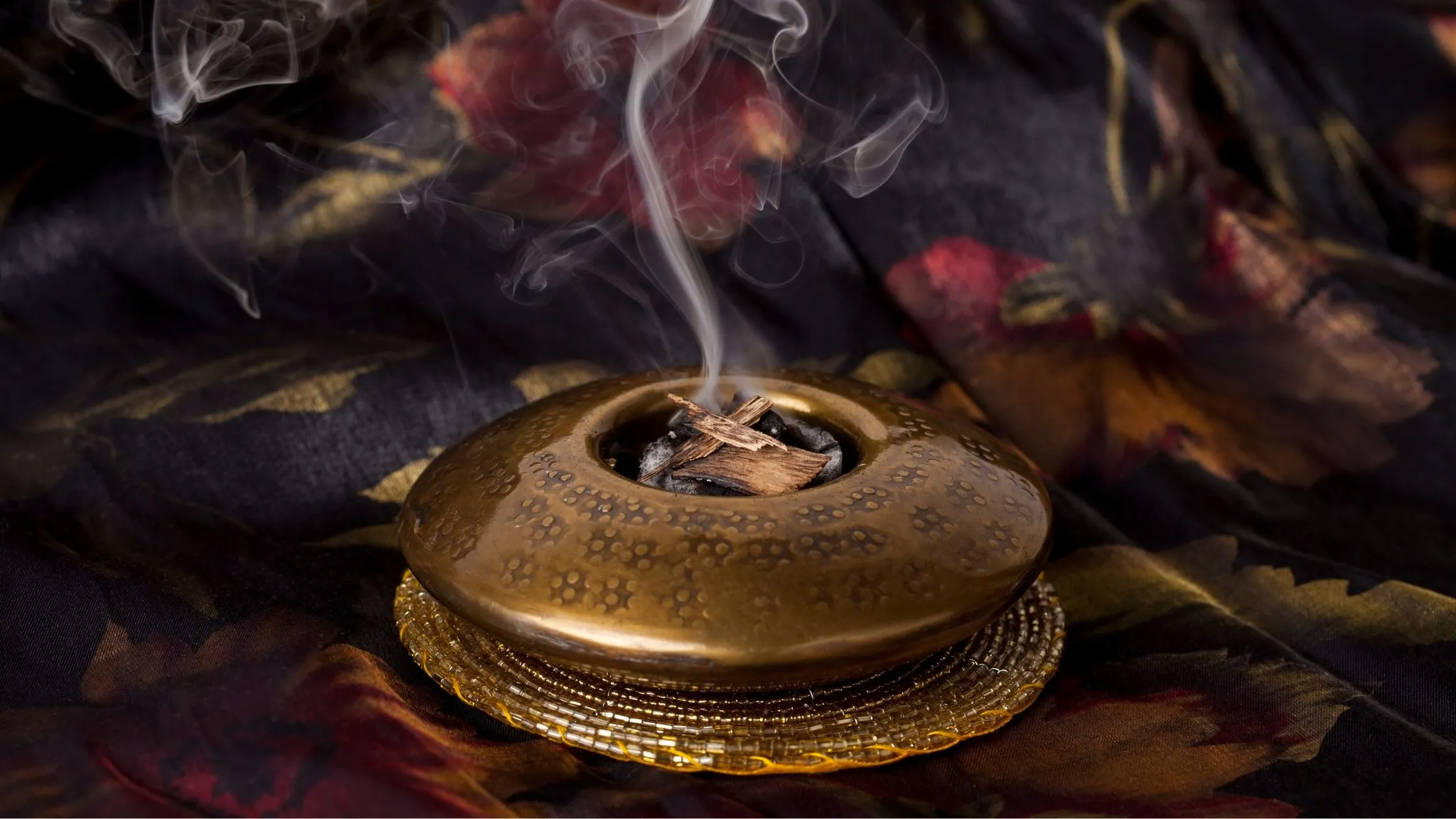Understanding the Meaning and Significance of Havan in Hindu Tradition

Buy Minimum of Rs. 499 to Get Free Shipping on Cash on Delivery

Have you ever wondered about the meaning of havan? Havan, also known as Homa or Yajna, is a sacred fire ritual deeply rooted in Hindu tradition. It holds great significance and is performed for various purposes, including purification, worship, and seeking divine blessings.
One of the top Google search results highlights the spiritual benefits of havan ceremonies. These rituals play a vital role in purifying the mind and soul, reducing stress, enhancing concentration, and fostering a sense of spirituality. The harmonizing energy of havan ceremonies helps in creating a connection with the divine and receiving divine blessings.
Havan is derived from the Sanskrit word 'Havana,' which refers to the act of making offerings into the sacred fire. It symbolizes the act of surrendering oneself to the divine and seeking spiritual upliftment. The fire in havan represents Agni, the deity of fire, who is considered the messenger of the gods and the medium through which offerings are conveyed to the divine realms.
To perform a havan, certain steps need to be followed:
Performing havan holds immense significance in Hindu religion. Let's explore some of its key aspects:
Havan is considered a powerful tool for spiritual growth and transformation. It helps in purifying the mind, body, and soul, and brings about positive changes in one's life. It is believed to remove negative energies and obstacles, promoting overall well-being.
Havan is a means of connecting with the divine and seeking blessings. It is a way of expressing gratitude to the gods and goddesses for their benevolence. The sacred fire acts as a medium for communication between humans and the divine realms.
Havan is a powerful purifying ritual. The smoke generated during the havan is believed to cleanse the surrounding environment and the participants, purifying them of negative energies and impurities.
The havan fire radiates positive energy, which uplifts the atmosphere and creates a harmonious environment. The positive vibrations generated during the havan help in creating a conducive space for spiritual growth and inner peace.
Havan is believed to cleanse and heal the participants on physical, mental, and emotional levels. The sacred fire is considered a purifier and a source of divine healing energy.
Havan is performed to balance the cosmic energies and restore harmony in the universe. It is believed that the offerings made into the fire reach the gods and goddesses, who then shower their blessings and maintain cosmic equilibrium.
Havan is a way of seeking blessings from various deities and celestial beings. Different mantras and offerings are dedicated to specific deities, invoking their presence and seeking their divine grace.
Havan creates a serene and meditative environment. The chanting of mantras, the crackling sound of the fire, and the fragrance of the sacred herbs create a conducive atmosphere for deep meditation and spiritual introspection.
Havan is an expression of gratitude towards the divine. It is a way of acknowledging the blessings and abundance received from the gods and goddesses, and expressing heartfelt gratitude for their continuous support and guidance.
Havan is not just a ritual, but a profound spiritual practice that holds deep meaning and significance in Hindu tradition. It is a way of purifying the mind, body, and soul, connecting with the divine, and seeking divine blessings. The spiritual benefits of havan ceremonies are immense, and they contribute to overall well-being, stress reduction, enhanced concentration, and a sense of spirituality. So, next time you witness or participate in a havan ceremony, remember its profound meaning and the powerful impact it can have on your spiritual journey.